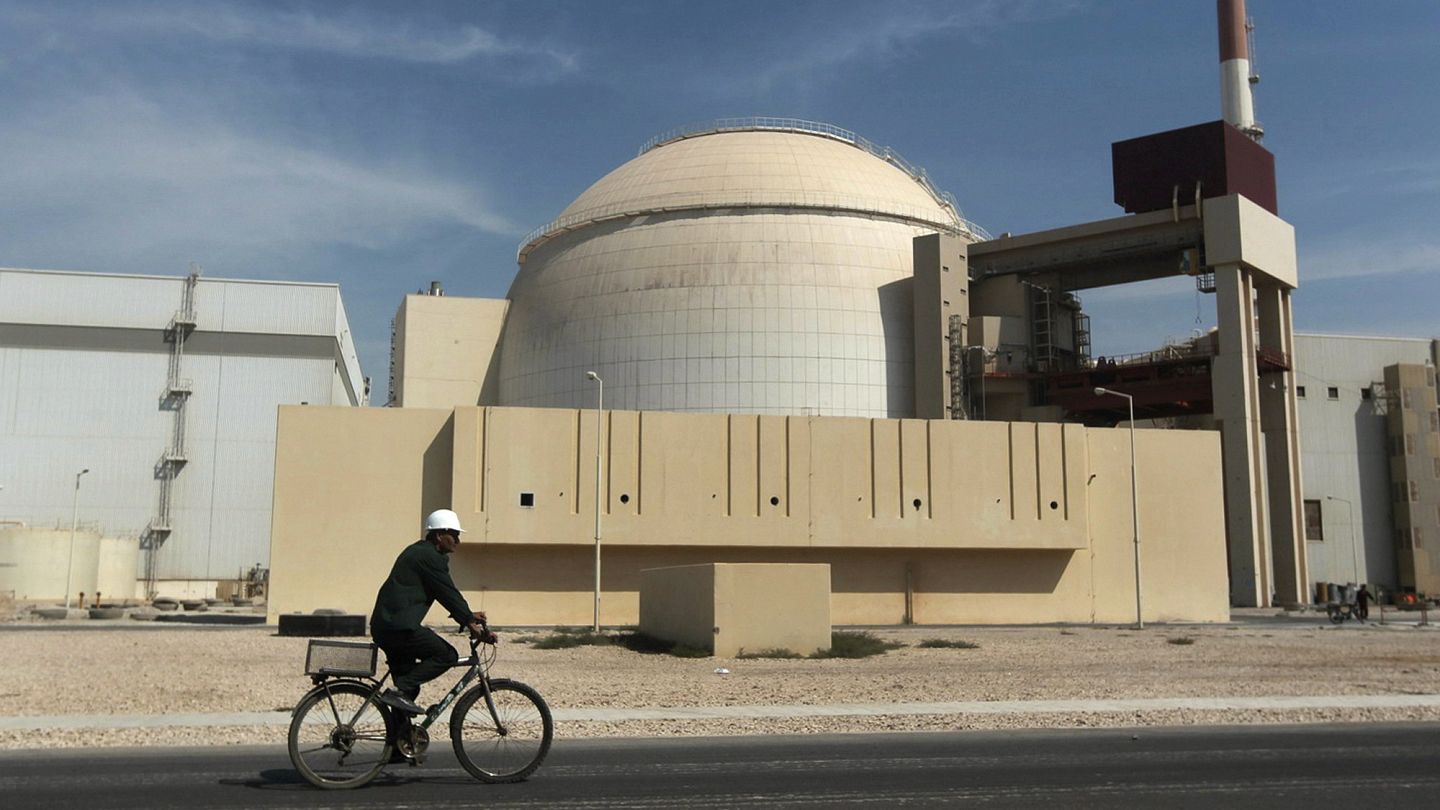Iran's ayatollah rejects US nuclear proposal but does not rule out deal in principle
The landmark 2015 nuclear deal with world powers, known as the Joint Comprehensive Plan of Action (JCPOA), capped Tehran’s enrichment level at 3.67% and reduced its uranium stockpile to 300 kilograms.
Iran's supreme leader criticised an initial proposal from the United States on Wednesday regarding negotiations over Tehran's advancing nuclear programme but stopped short of entirely rejecting the idea of an agreement with Washington.The remarks by Ayatollah Ali Khamenei reinforced a red line expressed by Iran in recent days that Tehran refuses to give up enriching uranium in any possible agreement with the US.That demand has been repeatedly made by Washington officials, including US President Donald Trump, although it remains unclear just how much US Middle East envoy Steve Witkoff brought it up in his initial proposal to Iran.But crucially, Khamenei did not reject the talks in principle, which Iran views as crucial for its economy to see the removal of some of the crushing economic sanctions it is currently subject to.The ayatollah also did not insist on any specific level of nuclear enrichment. Iran now enriches uranium up to 60%, a short, technical step from weapons-grade levels.Iran's Foreign Minister Abbas Araghchi, who has led the talks with Witkoff, said Tehran will soon offer its response to the US.Khamenei's speech on Wednesday at the mausoleum of Grand Ayatollah Ruhollah Khomeini may serve as a preview."If we had 100 nuclear power plants while not having enrichment, they are not usable for us," Khamenei said."If we do not have enrichment, then we should extend our hand (begging) to the US."Details of US proposal still unclearThe details of the US proposal remain unclear, even after five rounds of talks between Tehran and Washington.A report by the news website Axios on the proposal, the details of which a US official separately confirmed, includes a possible nuclear consortium that would enrich uranium for Iran and surrounding nations.Whether Iran would have to give up its enrichment programme entirely remains unclear.A failure to get a deal could see tensions further spike in a Middle East already on edge over the Israel-Hamas war in Gaza.Iran's long-ailing economy could enter free fall, which could worsen simmering unrest at home.Israel or the US might also carry out long-threatened air strikes targeting Iranian nuclear facilities.And Tehran may decide to entirely end its cooperation with the UN’s nuclear watchdog (IAEA) and rush towards construction of a nuclear bomb.Switch in toneThe 86-year-old Khamenei, who has final say on all matters of state in Iran, often balances his remarks over the demands of reformists within the country who want the talks against hard-line elements within Iran’s theocracy, including the paramilitary Revolutionary Guard.In an August speech, Khamenei opened the door for possible talks with the US, saying there is "no harm" in engaging with the "enemy".The supreme leader later tempered that, saying that negotiations with the US "are not intelligent, wise or honourable."Khamenei's speech on Wednesday offered an opportunity to discuss Witkoff's proposal.He described it as "100% against the idea of 'we can,'" borrowing from an Iranian government slogan.He described the US as having long sought the dismantling of Iran's entire nuclear industry."The impolite and insolent American leaders keep repeating this demand with different wordings," Khamenei said.The landmark 2015 nuclear deal with world powers, known as the Joint Comprehensive Plan of Action (JCPOA), capped Tehran's enrichment level at 3.67% and reduced its uranium stockpile to 300 kilograms.That level is enough for nuclear power plants, but far below weapons-grade levels of 90%.Since the deal collapsed in 2018 with Trump's unilateral withdrawal of the US from the accord, Iran has abandoned all limits on its programme and enriched uranium to up to 60% purity, a short, technical step from weapons-grade levels.


